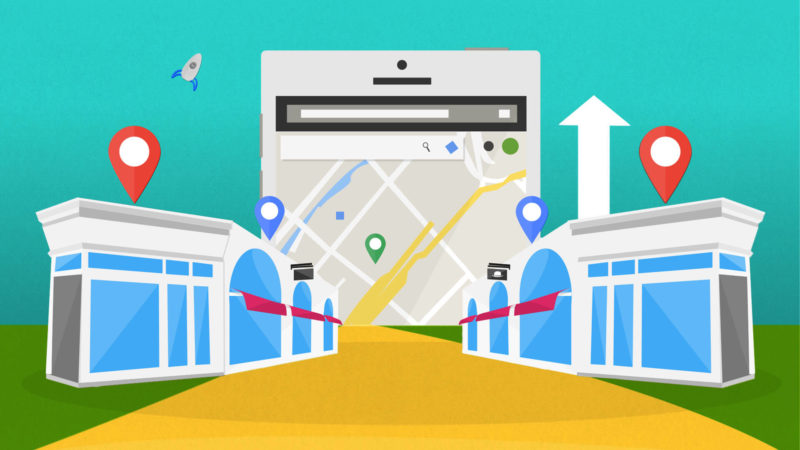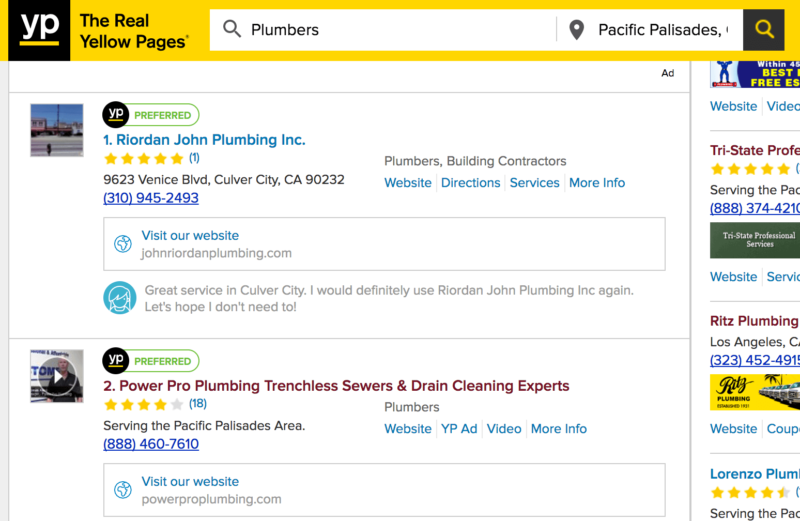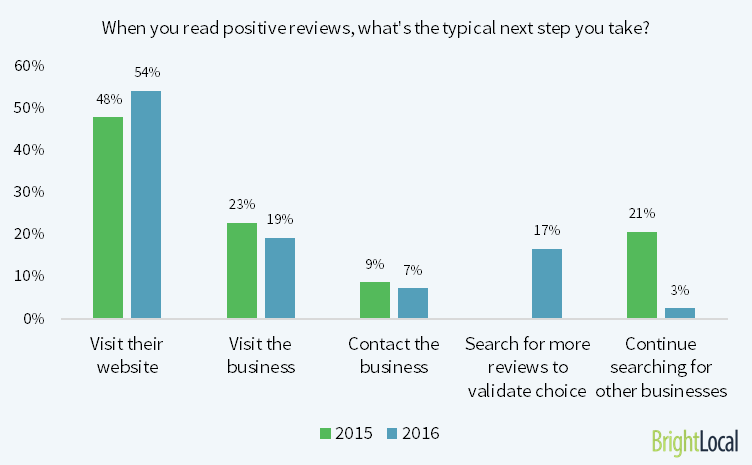Do SMB websites matter anymore? YP doubles down on ‘yes’ with new ‘pro’ SEO product
Company says program resulted in a page one ranking on Google for 70 percent of keywords within a few months.

In addition to being a media publisher, YP sells a range of marketing services to small businesses (SMBs) across the US. This week, the company introduced and enhanced website product ypWebsite Pro, which includes SEO-related services.
The offering combines a range of features: an optimized, mobile-friendly website, business listings syndication and content creation (monthly blog posts). Boostability and Yext are fulfillment partners behind the scenes.
The company said that during an extensive beta test with a range of customers, “over 70 percent of keywords in websites powered by ypWebsite Pro rank on the first page of Google search results in as little as five months or less.”
Stu MacFarlane, EVP of products and marketing at YP, told me in a phone interview that the new website and SEO offering was a core product in the company’s portfolio of SMB marketing services. YP’s marketing services fall broadly into two categories — presence and traffic generation — which include both digital (search, social, display) and traditional media (direct mail, directory publishing).
Local businesses using the Website Pro offering also gain “privileged exposure” on YP-owned properties (YP.com). Above is an example of the “preferred” positioning.
The new emphasis on websites and SEO runs counter to what might be called the “big platforms” school of thinking, which is ascendant in the market. That view holds that most consumers are never going to visit a SMB website, so instead, the business profile on a handful of major destinations is more important, especially on mobile devices. An example would be finding the highest-rated plumbers or local restaurants on Google or Yelp and calling them directly without consulting their websites.
Indeed, enhanced data collection and the build-out of features and tools on Google, Facebook, Yelp, Bing and other sites and apps makes going to local websites less necessary.
An alternative view argues that SMBs cannot control the look and feel of profile pages and don’t own them. Thus the website is the only SMB-owned media and is foundational to their online presence. It’s also a key pillar of a local SEO strategy.
Data from a BrightLocal consumer survey supports the notion that websites are an important part of the consumer journey — perhaps more important now than in the past. After reading positive reviews, presumably on one of the major destinations, the top action taken was to visit the local business website.
Contributing authors are invited to create content for Search Engine Land and are chosen for their expertise and contribution to the search community. Our contributors work under the oversight of the editorial staff and contributions are checked for quality and relevance to our readers. The opinions they express are their own.
Related stories
New on Search Engine Land

